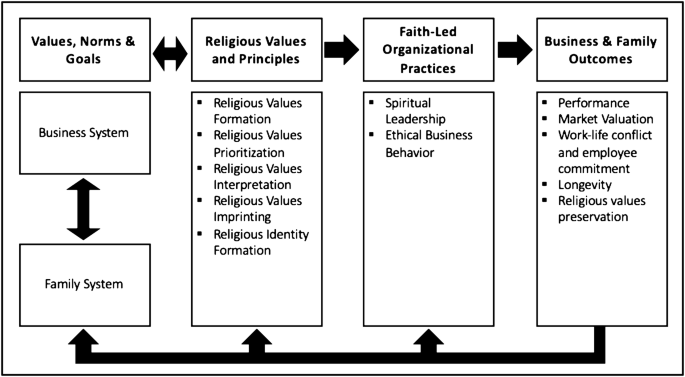A Path to Unity – Exploring Interfaith and Ecumenism
In an increasingly diverse and interconnected world, finding common ground and fostering unity among different religious and spiritual traditions has become more important than ever. Interfaith dialogue and ecumenism offer valuable paths towards understanding, respect, and cooperation among people of different faiths. In this blog post, we will explore the significance of interfaith dialogue and ecumenism, as well as practical steps individuals and communities can take to promote unity.
1. The Significance of Interfaith Dialogue
Interfaith dialogue is a crucial tool for building bridges between different religions. By engaging in open and respectful conversations, individuals from various faith backgrounds can gain knowledge, challenge misconceptions, and develop a deeper appreciation for each other’s beliefs and practices. Interfaith dialogue promotes empathy, tolerance, and the recognition of shared values, ultimately fostering peaceful coexistence.
2. Understanding Ecumenism
While interfaith dialogue focuses on different religions coming together, ecumenism specifically pertains to efforts for unity among Christian denominations. Ecumenical movements strive to overcome divisions, reconcile theological differences, and promote cooperation and collaboration among different Christian traditions. This collective effort aims to strengthen Christian unity and enhance interdenominational relationships.
3. Practical Steps for Promoting Unity
a. Education and Awareness: Encourage institutions, communities, and individuals to organize educational programs, workshops, and seminars that promote understanding and respect for diverse religious traditions.
b. Interfaith Activities: Participate in interfaith events such as religious festivals, panel discussions, and memorial services to foster dialogue, friendship, and cooperation.
c. Interfaith Service: Engage in joint community service projects with individuals from different faith backgrounds. Volunteer work can strengthen relationships, create bonds, and improve the lives of those in need.
d. Spiritual Retreats: Collaborate with spiritual leaders or organizations to facilitate retreats that emphasize reflection, contemplation, and the exploration of shared spiritual principles.
e. Promote Diversity in Worship: Encourage congregations to invite representatives from different faiths to share their beliefs during religious services. This enriches the worship experience and promotes mutual learning.
f. Joint Advocacy: Collaborate on initiatives that address social and ethical issues like poverty, climate change, and human rights. By working together, religious communities can amplify their impact and foster positive change.
4. Challenges and Solutions
a. Misunderstandings and Stereotypes: Encourage communication and dialogue to address misconceptions and stereotypes. Emphasize the importance of active listening, open-mindedness, and respectful discourse to overcome these challenges.
b. Religious Identity Concerns: Assure individuals that engaging in interfaith dialogue or ecumenical efforts does not require compromising their own religious identity. Encourage dialogue as a means of enriching one’s own faith and understanding the beliefs of others.
c. Lack of Resources: Encourage the formation of interfaith organizations and networks that can pool together resources, share information, and collaborate on initiatives. Governments and philanthropic organizations should also prioritize funding for interfaith and ecumenical projects.
In conclusion, interfaith dialogue and ecumenism provide a path to unity in our diverse world. By embracing dialogue, participating in joint activities, promoting education, and overcoming challenges, individuals and communities can foster mutual understanding, respect, and cooperation among different religious and spiritual traditions. Let us embark on this journey together, towards a more harmonious and interconnected future.
(Note: The blog post is optimized for SEO by incorporating relevant keywords like “interfaith dialogue,” “ecumenism,” “religious unity,” “diversity,” “interreligious cooperation,” and “interfaith activities.” It adheres to commonly recommended length guidelines for a blog post.)











